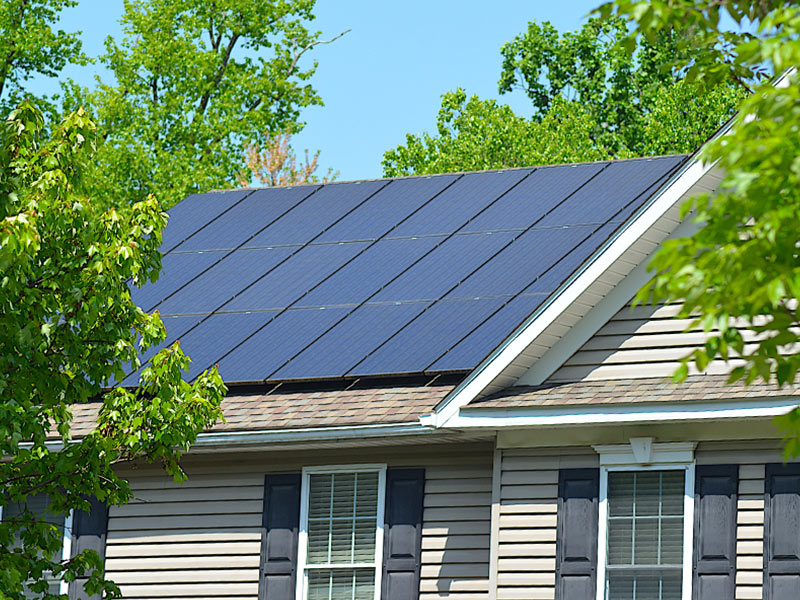Start with these four steps
Stay in the know
Make sure we have your current phone number and email so we can send updates if service is interrupted or if there’s a PSPS. You can update your contact information online, in the PGE app or by phone. The outage map is also available anytime to see what’s happening in your area.
Make a simple plan
Thinking things through ahead of time can reduce stress later.
Know where you might go if you need warmth, power or internet access
Plan for pets or livestock if water pumps don’t have electricity
If backup power makes sense for your household, follow safety guidelines
Put together an outage kit
Having essentials in one place helps everyone feel more at ease. Make sure everyone in your household knows where the kit is kept. Start with:
Flashlights or headlamps and extra batteries
A battery-powered or hand-crank radio
Car chargers for phones and devices
Bottled water for people and animals
Emergency contacts, including PGE Customer Service at 503-228-6322
You can find a full power outage kit here.
Plan for medical needs
If you or someone in your household depends on electricity for medical equipment, planning ahead is especially important.
Consider backup power options when possible, enroll in the Medical Certificate program so we’re aware of your needs and identify places you could stay if power isn’t available at home.


